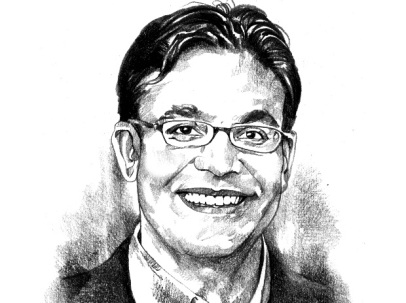Aditi Phadnis is one of the best political reporters in India today. So I was extremely happy to exchange views with her about my new book, demonetization, and the political landscape in India today.
Here’s a glimpse:
Q. Muscle and money are traditionally associated with feudal politics. But a lot of India is postmodern and post-industrial. So, how do we explain the persistence of money and muscle?
A. The persistence of muscular politics, as I see it, has to do with the failure of governance. The prevailing wisdom in many quarters is that the allure of muscle would melt away with urbanisation, improvements in living standards, and rising literacy rates — in other words, with modernisation. This has not happened. Despite the many notable changes to India’s politics, economics and society, the ability of the state to manage its sovereign responsibilities has not increased in kind. We have not seen institutional rejuvenation that can keep pace with citizens’ demands.
You can read the entire exchange here.
Bonus: Business Standard created this illustration of me (is that really me?)



